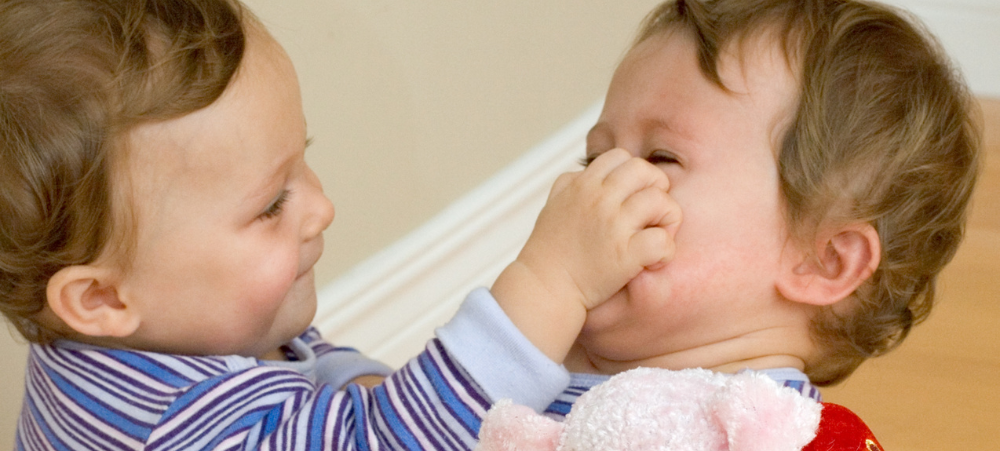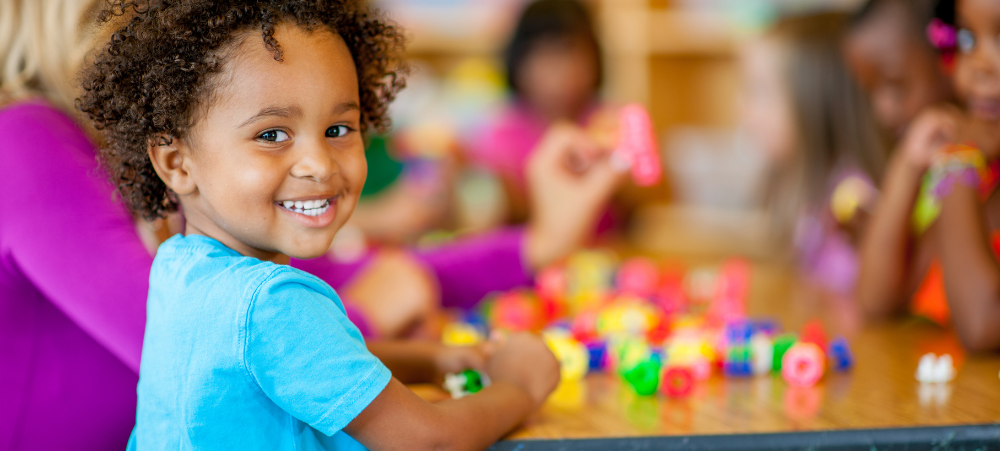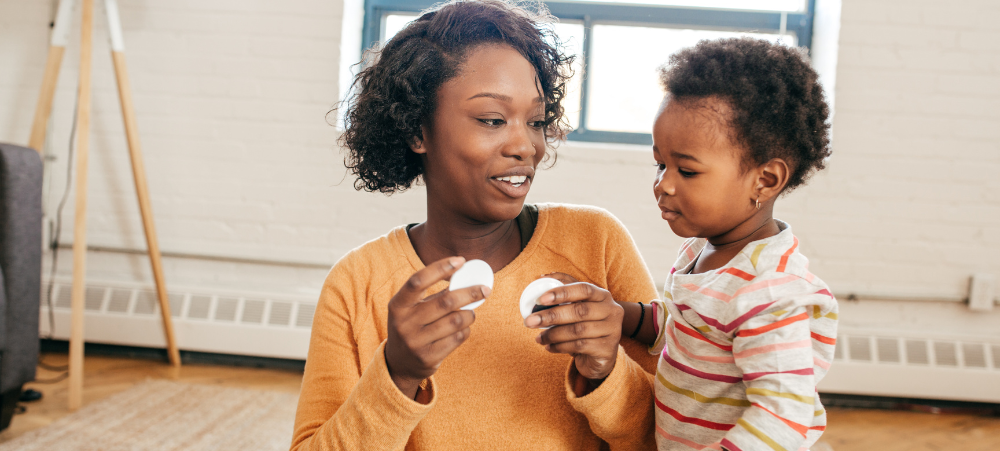As both the head of curriculum at a preschool and a mother of two—one of whom is on the autism spectrum—I carry a unique blend of personal and professional insights into early childhood social dynamics. Being on the spectrum myself allows me to view the challenges children face through a deeply empathetic lens. I often see parents’ concern when their little ones come home with stories of being treated unfairly by classmates. Worrying is natural, but it is essential to understand that what may seem like bullying in preschool is often just children learning to navigate their social world.
So, what is bullying? Bullying is defined as repeated and intentional harm—whether physical, verbal, or emotional. However, in preschool, these actions often stem from children trying to assert themselves, explore boundaries, or express their needs and feelings. At this tender age, they are still mastering the skills needed for positive interactions with their peers.
In our vibrant South African classrooms, we celebrate a rich tapestry of cultures, languages, and backgrounds. While this diversity can sometimes lead to misunderstandings, it also provides a wonderful opportunity to teach empathy, respect, and inclusion.
When a child snatches a toy or lightly pushes another, it’s often because they’re unsure how to ask for a turn or express their feelings. If teasing or exclusion happens, it’s usually a way for them to test social limits rather than a deliberate attempt to hurt. While sometimes concerning, these behaviours are part of a normal learning process at this age.
Imagine if every child knew how valuable they are—creating a heart-centred individual ready to engage compassionately with the world. This awareness can lay the groundwork for them to grow into caring individuals who positively impact those around them. As educators, we guide children toward healthy social behaviours by modelling respectful interactions. We teach them to share, take turns, and use kind words, nurturing empathy by encouraging them to reflect on how their actions affect others.
It’s vital for children to recognise their own worth. When they understand their value, they are more likely to treat others with kindness and respect. Positive reinforcement plays a significant role here; celebrating cooperative behaviour and acts of kindness reinforces the idea that empathy and collaboration are profoundly important. Establishing clear, consistent boundaries helps children grasp acceptable behaviour. When conflicts arise, we address them promptly and constructively, guiding them toward better ways to connect.
Parents are key players in this journey. Engaging in conversations about your child’s day, asking about their friendships, and discussing how they handle challenges can provide valuable insights. Role-playing different scenarios at home can equip your child with tools for positive interactions and responses to demanding situations. Consistency between home and school in encouraging these behaviours is essential.
Our goal is to foster understanding and compassion, helping children navigate the complexities of social interactions with confidence and kindness. By addressing early signs of bullying with empathy, we create an environment where every child feels valued and understood. Together, we can nurture a generation that not only recognises their own worth but also extends kindness to others, laying the foundation for a more harmonious and inclusive society.
Written by Kelly Eyre, Quality and Pedagogy Lead at Dibber International Preschools
- What Parents Should Look for in a Preschool: The Power of Play-Based Learning - December 23, 2025
- Are We Over-Scheduling Our Children? - December 16, 2025
- Five Ways to Encourage Independence and Confidence in Children with Special Needs - December 9, 2025






2 thoughts on “Understanding Bullying in Preschool: A Heartfelt Perspective”
This really helped me a lot. I have a 3 years old baby. That i will be taking to preschool next years. Please share more of bullying articles
Such an Amazing article ❤️ very helpful in understanding what bullying is and how to overcome it .